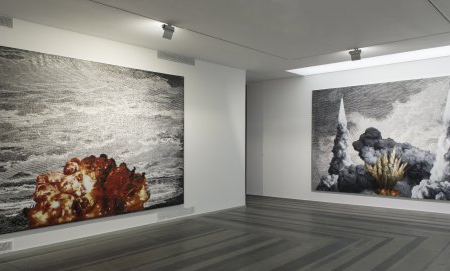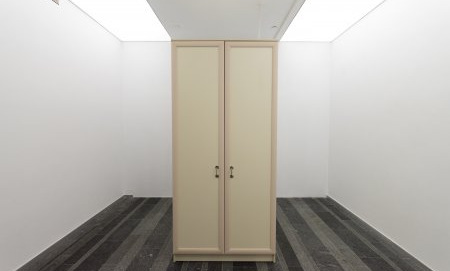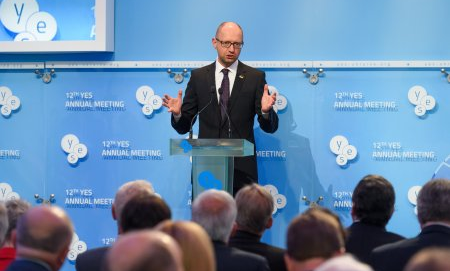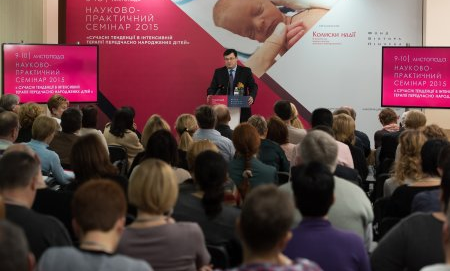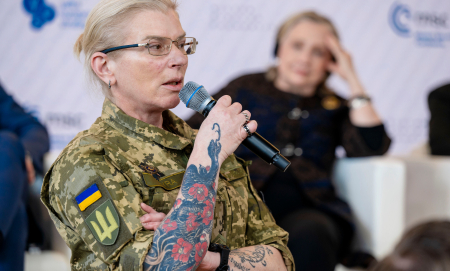News
Victor Pinchuk Foundation hosted discussion “Global threats from Russia’s war and the Peace Formula of Ukraine’s President Zelenskyy” on the occasion of WEF 2024
On 16 Jan 2024, Victor Pinchuk Foundation hosted “Global threats from Russia’s war and the Peace Formula of Ukraine’s President Zelenskyy” discussion during WEF in Davos (Switzerland). The event was held as a part of the Deciding Your Tomorrow project, organized by Victor Pinchuk Foundation and PinchukArtCentre in cooperation with the Office of the President of Ukraine. The panel explored scenarios for the future of Ukraine and its allies in the fight against Russian aggression. Global political leaders, thinkers and activists discuss key aspects of Ukrainians’ defense of life and freedom, and it offers a chance to revisit what is at stake in Ukraine.
Among the participants of the discussion were Mykola Tochytskyi, Deputy Minister of Foreign Affairs of Ukraine; Ricardo Hausmann, Founder and Director, Growth Lab at Harvard University; Serhii Plokhii, Professor of Ukrainian History, Director, Ukrainian Research Institute, Harvard University; Nouriel Roubini, CEO of Roubini Macro Associates. The discussion was moderated by Kersti Kaljulaid, President of Estonia (2016-2021), YES Board member.
Opening the discussion, Mykola Tochytskyi said: “Russia’s war is a lifestyle. It doesn’t matter how this empire was created or which name it has - either Moscowia or the Russian Federation. It used to be the Russian Empire and then the Soviet Union, but the tools that Russia uses to keep a hold onto its imperialistic approach remains the same.”
Commenting on the progress of discussions on implementing the 10-point peace formula presented by Ukrainian President Volodymyr Zelensky, Tochytskyi said: “I am delighted to say that we are approaching a concrete result on each of these 10 points. We hope to have a summit of leaders on the peace formula within a couple of months. After that, each of those 10 points must be redressed and built on the basis of consensus of the members of groups.”
Mykola Tochytskyi ruled out negotiations with Vladimir Putin: “We don’t see any possibility for any discussions with Putin’s regime. If Russians would like to have their own future, they need to do something with their president. If not, this will be the job of Ukraine and its allies to finish this war.”
Kersti Kaljulaid said: “Looking into this peace plan, it is clear to me that the driver behind the peace plan, and behind Ukraine turning economically towards the West, is security and safety.”
Serhii Plokhii said: “If Ukraine loses, Russia will become much stronger and much more aggressive, not only in regard to Ukraine - as it was in regard to Chechnya or Eastern Ukraine - but also in regard to Central Europe and the West in general. So the West has to change the framework and the perspective. For the West, this war is not about what will happen in Ukraine only, it is about the future of the West itself.”
Ricardo Hausmann expressed his disappointment with the lack of “moral clarity” in political leadership of the Global South in terms of the region’s stance on Russia’s war against Ukraine: “The idea of assuring every country that it can live securely in internationally recognized borders is that the smaller you are as a country, the more important it is to you. If we live under the law of whoever has the most power, then we cannot maintain this order and will have to go back to a world of very few large empires, since no country can protect itself. This is why I think that this is obviously in the interest of the Global South to support Zelenskyy’s plan.”
Nouriel Roubini suggested that no matter how much financial and military support the West provided it would not be enough to secure victory. “Even if you are giving weapons and money to Ukraine, a second counteroffensive in spring would fail because Russians would use the time to build-up their own defences. Unfortunately, this is the reality,” he said.
An alternative, in Nouriel Roubini’s view, could be for Kyiv to agree to a ceasefire and focus on the reconstruction of the territory that Ukraine controls without giving up on the long-term goal of regaining the rest of the territory. “Russia is a declining country. Economically, socially or politically, something will implode. It might take five or even 10 years, but you will be able to regain the rest of your land somewhere down the line. This is the best that I think you can realistically achieve right now,” he said.
“Even if there was a ceasefire along the current front line, Putin has lost this war. He delusionally thought that he would be in Kyiv in two weeks, that he could take over the entire Ukraine and put in a puppet government and control it. He has miserably failed. United Ukraine will never be part of Russia, it will be part of Europe and NATO,” Nouriel Roubini concluded.
Photos are available here













